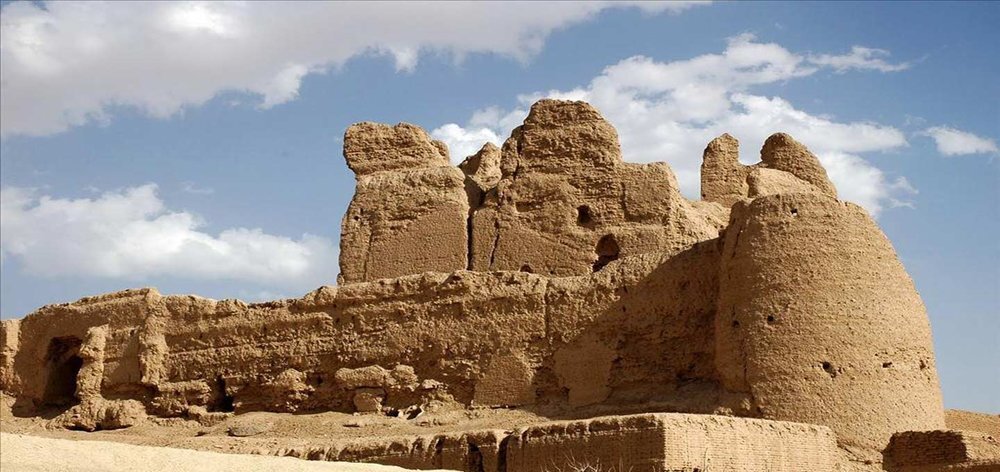Parthian-era citadel to undergo restoration

TEHRAN – The crumbling Narin citadel, which is said to date from the time of Parthian Empire (247 BC – 224 CE), is about to undergo renovation set to last two months and cost 910 million rials (about $22,000), CHTN reported on Sunday.
The plan, unveiled by the Cultural Heritage, Handicrafts and Tourism Organization in June, will restore foundation and façade of the mudbrick citadel using building material that is the same as the original.
Narin citadel is located near the city of Na’in in Isfahan province, central Iran.
“This overhaul will be done with the use of mud, bricks and cob in perfect harmony with the original elements of the castle,” Isfahan province’s tourism chief Fereydoun Allahyari said.
In terms of structure and history, Narin citadel is very similar to its fellow, Narin citadel of Meybod that is situated in Yazd province, the official said.
By completion of archaeological and architectural studies, more information can be gained from the history of the monument as well as the social scene of the people who lived in the central Iranian plateau, he explained.
Na’in is one of the oldest continuously settlements in central Iran, located on the junction of the desert road to Tabas and Mashhad. The city has been an important crossroad on converging trade routes for thousands of years. It is well regarded for its handicrafts as well.
The Parthian Empire, also known as the Arsacid Empire, was a major Iranian political and cultural power in ancient Iran. The Parthians largely adopted the art, architecture, religious beliefs, and royal insignia of their culturally heterogeneous empire, which encompassed Persian, Hellenistic, and regional cultures.
At its height, the Parthian Empire stretched from the northern reaches of the Euphrates, in what is now central-eastern Turkey, to eastern Iran. The empire, located on the Silk Road trade route between the Roman Empire in the Mediterranean Basin and the Han dynasty of China, became a center of trade and commerce.
AFM/MG
